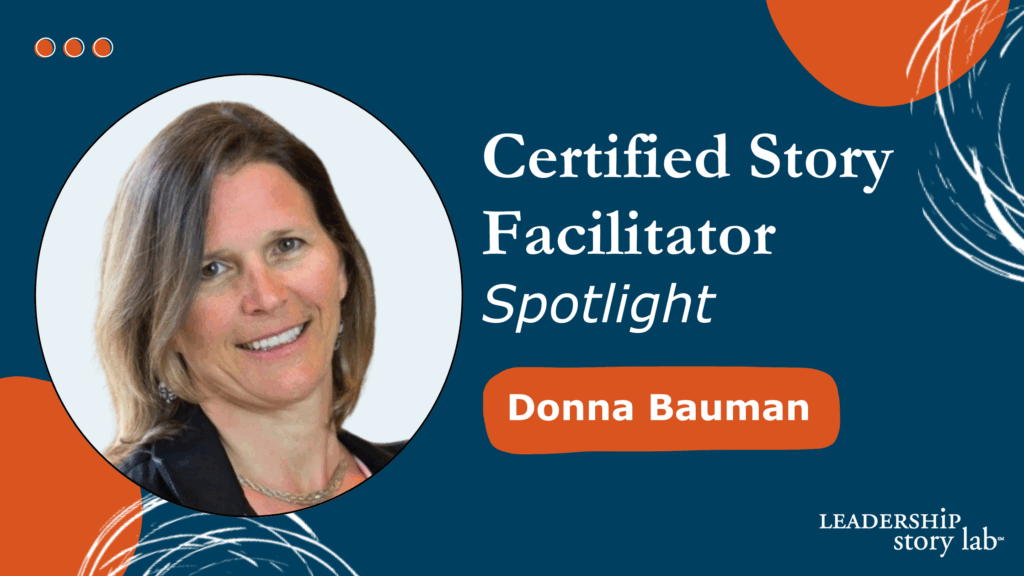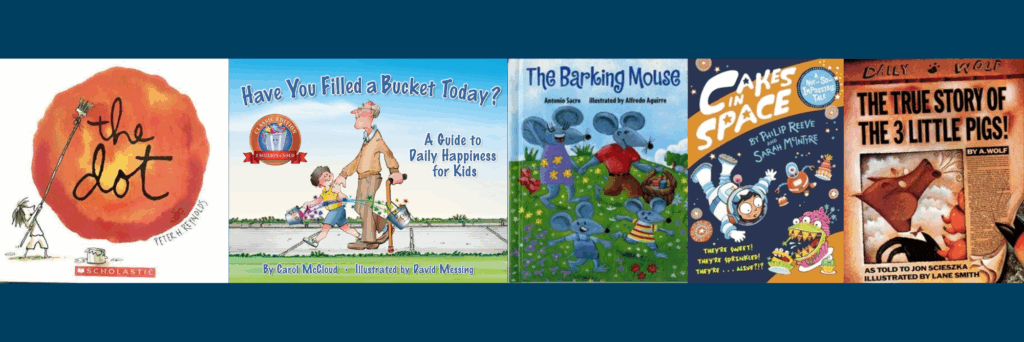December 25, 2022 / Esther Choy

In my Forbes article How Do Leaders Communicate Complex Ideas?, I shared insight from two interviews I conducted with leaders from very different fields — healthcare and Jewish education — who regularly deal in complexity. In this companion article, I share two additional strategies they use to link complexity to simplicity — metaphors and imagery.
#4 Paint a picture.
To help your audience engage with complexity, provide imagery that engages their imaginations so they know what it feels like. When Dr. Choy needed to clarify the urgent need for an improved credentialing system, he painted a picture of the manual process:
“You can imagine somebody bundled up in a windowless basement somewhere, collecting information. With little checkboxes, maybe color coded check boxes or those stickies that would help you track the status of each file. They are gathering the breadcrumbs and checking off boxes. License. Certification. Medical School. Malpractice, disciplinary action or sanctions? All of these are different data sources or faxes. They have to send a fax, wait three days. Call the medical school, etc.”
He continued: “There are people, very passionate people, working across the country, in windowless rooms, looking at files of clinicians. They are the guardians of healthcare. It’s very manual. It’s also time consuming. You could miss something. There’s room for improvement. How can technology improve this?”
Throughout his pitch to investors, Dr. Choy could refer back to the image of the “windowless rooms” as shorthand for the laborious process of manual credentialing. With this striking imagery, the investors don’t need to understand every step or industry term of the complicated credentialing process in order to feel the tediousness.
What details can you use to paint a picture and set the scene in your story?
#5 Use easy-to-understand metaphors.
The word “metaphor” comes from the Greek word “to carry over.” Metaphors can link the qualities of something familiar and understandable to the complex subject we are trying to explain to our audiences.
Alicia Jo Rabins uses science as a metaphor for spirituality with her students, in order to make something so abstract more approachable:
“Over the COVID time, I’ve heard scientists explain ‘we are walking into the unknown,’ Science is the practice of asking questions, making hypotheses, seeing if they’re right or not. And then humbly, following that answer. Where science is, in the moment, is always looking into the unknown. You’re asking a question. Spirituality is the constant state of that.”
By connecting spirituality with the familiar process of the scientific method, Rabins explains that just like you need questions to start the scientific process, you need questions to engage with spirituality. After all, Rabin reminds us, “if you’re looking into the clear, you’re not actually investigating anything.”
Dr. Garry Choy also used metaphor to drive home the case for improving credentialing: “When you buy a car, you can get a credit check, instantaneously. You can get a loan right away. We have your credit history, where you live, etc. at the click of a button. Why don’t we have that for doctors? Where they went to medical school never changed. Where they’re licensed is public information. Their disciplinary action is also public. With a click of a button, why can’t you aggregate the same information that you get when you buy a car?”
Because instant credit checks are so familiar — and so fast — it makes it obvious that the same tools should be used in credentialing.
Metaphors are like shortcuts. By comparing the familiar with the unfamiliar you are clarifying the complex and giving audiences a way to quickly get the gist of your main idea.
About our experts
As a physician and executive focused on healthcare modernization and transformation, Dr. Garry Choy often finds himself speaking with investors or regulators that do not share his expertise or point of view as a physician. Dr. Choy serves as the Chief Clinical Transformation Officer at United Health and is a co-founder of several health tech companies, including andros.
 Alicia Jo Rabins is a writer, musician, and filmmaker, whose works include the film A Kaddish For Bernie Madoff and the book of essays Even God Had Bad Parenting Days. As a Jewish educator, Rabins helps her students prepare for their bat/bar/b’nai mitzvahs from Portland, OR.
Alicia Jo Rabins is a writer, musician, and filmmaker, whose works include the film A Kaddish For Bernie Madoff and the book of essays Even God Had Bad Parenting Days. As a Jewish educator, Rabins helps her students prepare for their bat/bar/b’nai mitzvahs from Portland, OR.
Related Articles
How To Communicate Complex Information: 4 Strategies
Audience Awareness: 3 Communication Strategies Leaders Can Learn from Poetry
Better Every Story
Leadership Transformation through Storytelling
"This is an amazing and insightful post! I hadn’t thought of that so you broadened my perspective. I always appreciate your insight!" - Dan B.
Get Esther Choy’s insights, best practices and examples of great storytelling to your inbox each month.





